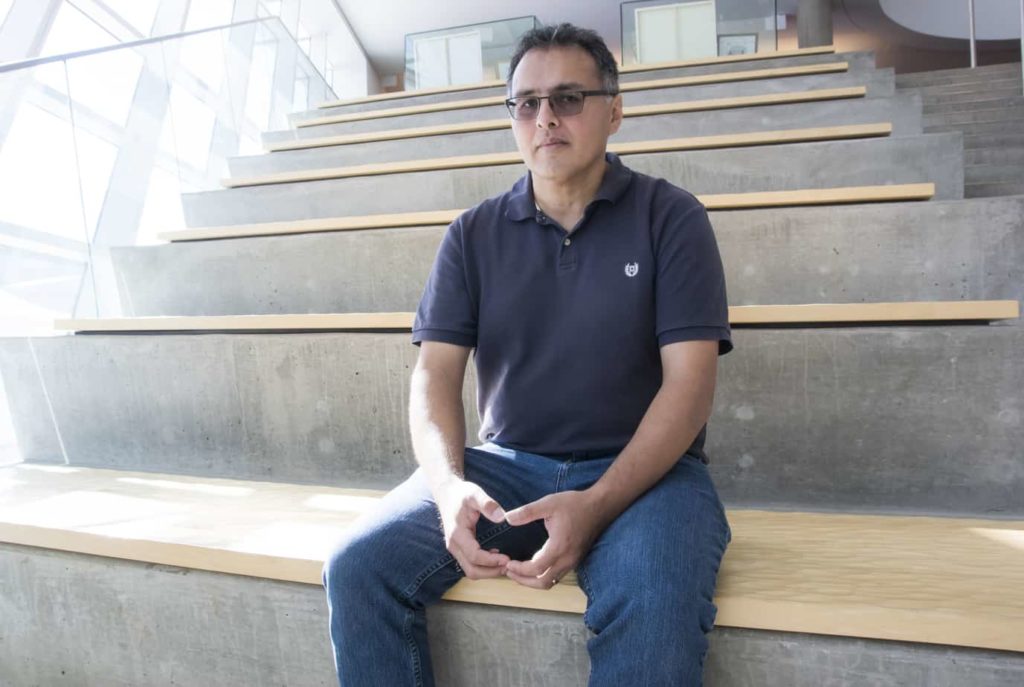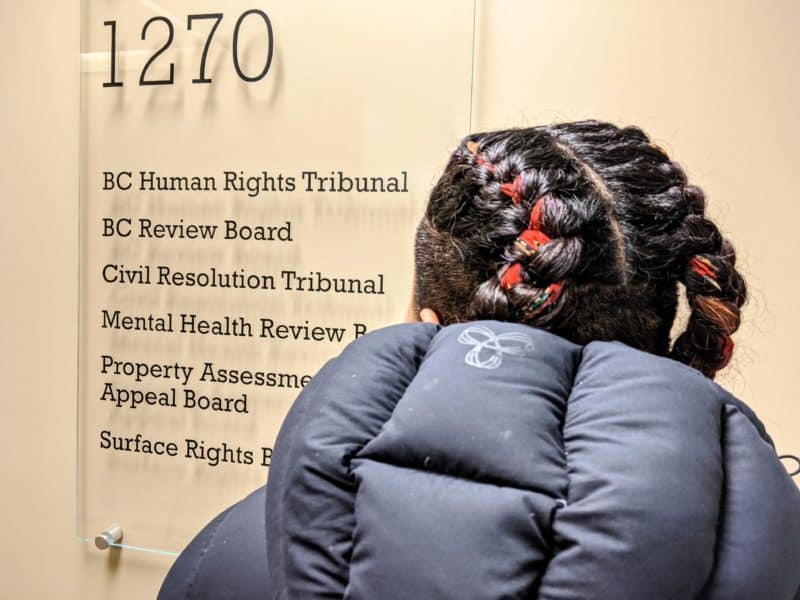
The big news for a lot of us this week is that Squamish hereditary chief Ian Campbell’s bid to become the first Indigenous mayor of Vancouver is over.
Campbell withdrew his name from the running in a brief statement on Sept. 10. In part, Campbell cited the “political landscape” and his “complicated personal journey” as factors in bowing out.
Reporter Frances Bula gives her take on the elements in the political landscape that may have factored into Campbell’s decision for The Globe and Mail. And in the Georgia Straight, Charlie Smith speculates that “complicated personal journey” translated means he “wasn’t prepared for how dirty politics can be.”
To be fair to Campbell, he’s only released an initial statement and hasn’t spoken in depth about his reasons, and he may yet.
Regardless of the reasons for his withdrawal, one thing in particular stands out to me: I’m aware of a teacher at a Lower Mainland high school who was using Campbell’s bid for mayor as a teachable moment about reconciliation. Some of the teacher’s students are Indigenous. No, they don’t vote yet — but they have hope — because for once, they saw themselves reflected in a big public political move. Now, the high school teacher has to tell their students about this development.
This may well just be about Campbell’s failure to get the support he needed, and then choosing to exit. Or maybe it’s about more. Whatever the reason, it cost some Indigenous kids their hope — and that’s something they have taken away from them all too often.
How do you feel about Campbell withdrawing his name from the mayoral race? Join me in our urban Indigenous Facebook group to talk about it.
What you love.

Reanne Percival is a 27-year-old Nisga’a from the Gitlaxt’aamiks First Nation in northern B.C., who now calls Vancouver home. She loves how close-knit the community is here.
“I love that you can just go to any sort of Indigenous activity or Indigenous event going on, and you’ll know someone, and you won’t feel alone,” she says. “You can go somewhere by yourself, and you’ll find someone that you can sit with, or you’ll find someone that you can hang out with.”
“I feel like everybody knows everyone…or you know somebody’s cousin or you know somebody’s uncle.”
People are talking about.
- We want to share that out series with CBC Indigenous about reconciliation in small Canadian towns is nominated for a Webster Award in the excellence in digital journalism category this year. Every year, the awards recognize outstanding work in journalism by B.C.-based reporters.
- Indigenous high school students in Burnaby, B.C. say that practicing their culture in school connects them to their identity and keeps them in school. Listen to their perspectives in this Global news story.
- Have you ever heard the saying, “If white people only knew what it was really like in First Nations”? APTN takes this a step further by bringing six white people to reserves across Canada in “First Contact,” which airs on Sept. 11, 12 and 13.
Culture connections.

Jackson Dionne is the executive director at the Indigenous Wellness Training Society in Surrey, B.C. It’s a recovery and resiliency program that focuses on empowering Indigenous people through recovery, education, employment, culture and life skills.
“One thing that I learnt is that in order for me to take somebody, say, into the deep end of the pool, I have had to have been there first. If I’m not willing to go there and I say, ‘Hey, you guys, go over to,’ that doesn’t work,” he says.
“When it comes to Indigenous leadership, from what I learned, they’re not the dictator.” Jackson adds. “They take the stories from everyone; then they compile it, and then they say, ‘Okay, this is what our people want’ to the higher-ups.”
Let’s gather.
-
Sept. 13: Master weaver Chief Janice George is hosting Salish Blankets Reconsidered at the the Museum of Vancouver from 7 to 9 p.m. PT
-
Sept. 14 and 16: Check out Rocko & Nakota: Tales From The Land at the Vancouver Fringe Festival.
-
Sept. 22: Join a Coast Salish guide and learn about Indigenous plant use. The event is from 2 to 4 p.m. PT, and starts at the Stanley Park Bus Loop.
If you know about an event that you think should be included in this newsletter next week, send me an email.[end]



